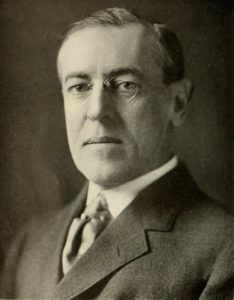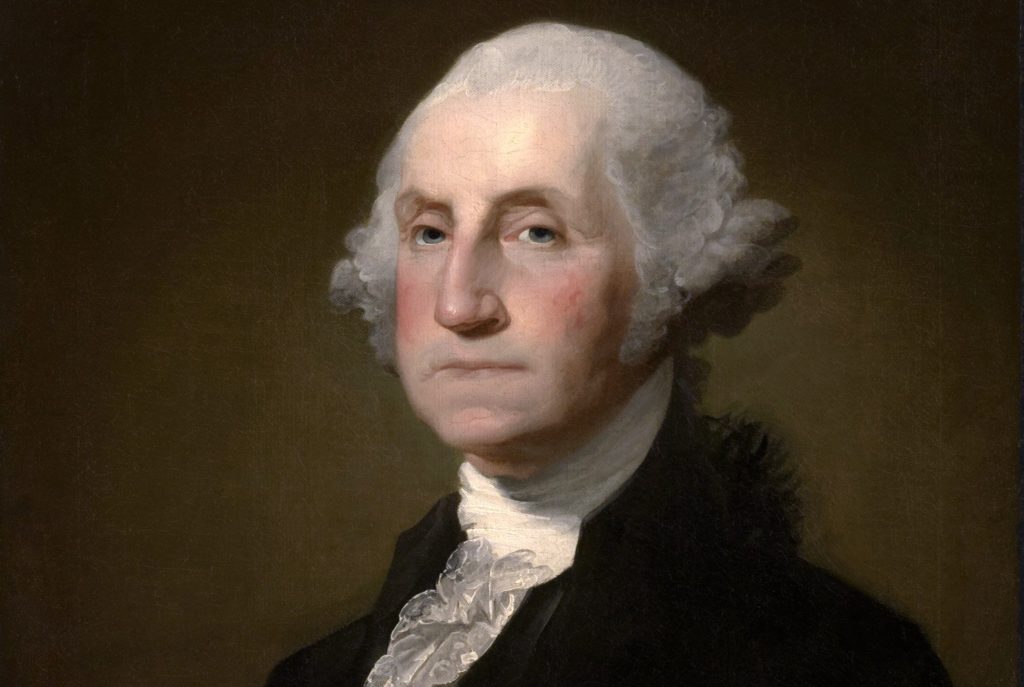© 2024 Don Pinson | [Download]
(Link not working? Right-click and select “Save As”.)
 Woodrow Wilson said:
Woodrow Wilson said:
“A nation which does not remember what it was yesterday, does not know what it is today, nor what it is trying to do. We are trying to do a futile thing if we do not know where we came from or what we have been about…”
(1913. Robert Flood, The Rebirth of America (Philadelphia: The Arthur S. DeMoss Foundation, 1986), p. 12)
Where did earlier generations get the idea we are to know our history? Why did our ancestors place so much emphasis on knowing our history? Could our present decline be rooted in the “national amnesia” so prevalent across our land?
While it may be a shock to some; America’s Founders got the idea they must communicate to their children the story of where they came from—right out of the Bible. It was the Pastors who taught the importance of remembering our history. They pointed out such commands by God as the one in Deuteronomy 32:7, which states:
“Remember the days of old, consider the years of many generations: ask thy father, and he will shew thee; thy elders, and they will tell thee.”
Those early American Pastors realized that if we knew history well, we would Continue reading

 During the Revolutionary War, some Delaware Indian Chiefs brought three young people to General George Washington, asking that they be taught in American schools. General Washington responded:
During the Revolutionary War, some Delaware Indian Chiefs brought three young people to General George Washington, asking that they be taught in American schools. General Washington responded: